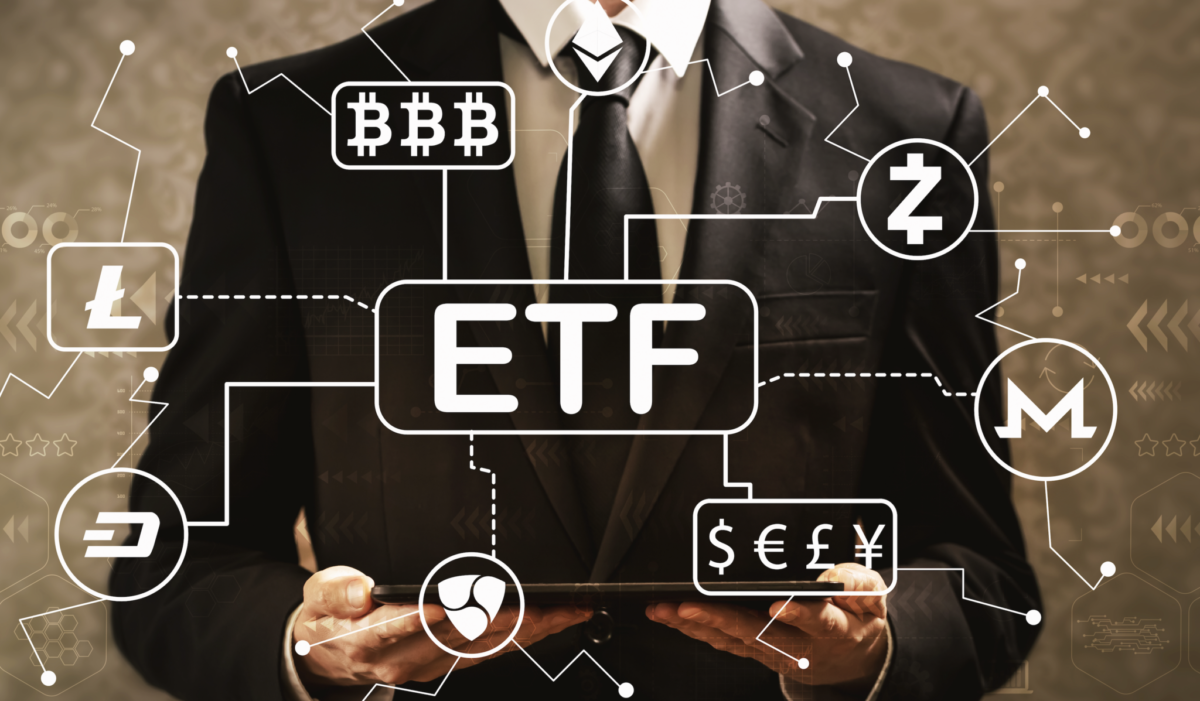
Top finds
- Casino Non AAMS
- Casino Non AAMS
- Casino Sites UK
- Casinos Not On Gamstop
- Non Gamstop Casinos
- Casinos Not On Gamstop
- Casino Not On Gamstop
- UK Online Casinos Not On Gamstop
- Slots Not On Gamstop
- Best Non Gamstop Casinos
- Non Gamstop Casino Sites UK
- Best Online Casino Canada
- Non Gamstop Casino
- Gambling Sites Not On Gamstop
- Sites Not On Gamstop
- Casino Non Aams
- Online Casino Games
- Meilleur Site De Casino En Ligne
- Casino En Ligne France
- Non Gamstop Casino Sites UK
- Best Non Gamstop Casino
- UK Casinos Not On Gamstop
- Casino Non Aams Sicuri
- Non Gamstop Casinos
- Crypto Casinos
- Site Paris Sportif Belgique
- Casino Non Aams Italia
- Poker Online Migliori Siti
- Meilleur Casino En Ligne
- Casino En Ligne
- Jeu Plinko Avis
- Live Casino France
- Site Paris Sportif France
- 카지노코인
- Siti Casino Non Aams
- Casino Online Senza Documenti
- Casino Online Non Aams 2026
- Casino En Ligne France
Chances are that you have heard about ETFs if you are into cryptocurrencies. They have been in the news recently for their activities in seeking regulatory approval. ETF stands for Exchange Traded Funds.
Cryptocurrency ETFs are digital coin exchanges on which cryptocurrency trade occurs. They are based on blockchain technology but the idea is similar to the normal currency exchanges.
Understanding ETFs generally
Exchange Traded Funds have been in existence for quite some time. Traditionally they are used to trade stock over an extended period of time. An ETF bundles commodities, indexes or group of assets together to create a common fund. It is the shares from this fund that are then traded on the stock exchange. As with any other trade, these funds are subject to price fluctuations.
Also, buying an ETF does not necessarily mean owning the underlying asset repackaged into a fund. Rather, you own a share of that fund. This gives you the right to any turnover earned by the fund’s performance in the market. The flip-side is that you bear liability for any losses suffered.
An ETF creates a common pool in a a venture, reducing the risks and usually attracts a large market.
Cryptocurrency (Blockchain) ETFs
Similar to any standard sector, or theme-based stock investments via the blockchain, ETFs work by exclusively investing in a basket of blockchain-based companies that have business operations in blockchain technology or those which invest or profit from it.
Similar to traditional ETFs, blockchain ETFs are also a method of raising funds for a business venture. The difference is that rather than represent an asset group, it represents one or more cryptocurrencies. Buying a crypto-ETF means owning a share in that particular crypto. An investors’ share capital is transferable but they are still vulnerable to market fluctuations during the period in which they hold the shares.
Cryptocurrency ETF Regulations
Normal ETFs are provided for under the U.S. Commodity Futures Trading Commission (CFTC). In return, they are required to operate with transparency. To allow investors make informed decisions, they must report their activities every year. This is as per the 1993 Securities Act as read together with the 1934 Securities Exchange Act.
Currently, no regulations exists with regard to crypto-ETFs. However, storing digital tokens by themselves is not safe. For this reason, it is important to establish regulations to increase security in a world of increasing adoption of cryptocurrencies.
Want the latest crypto news? Join our Telegram Channel


